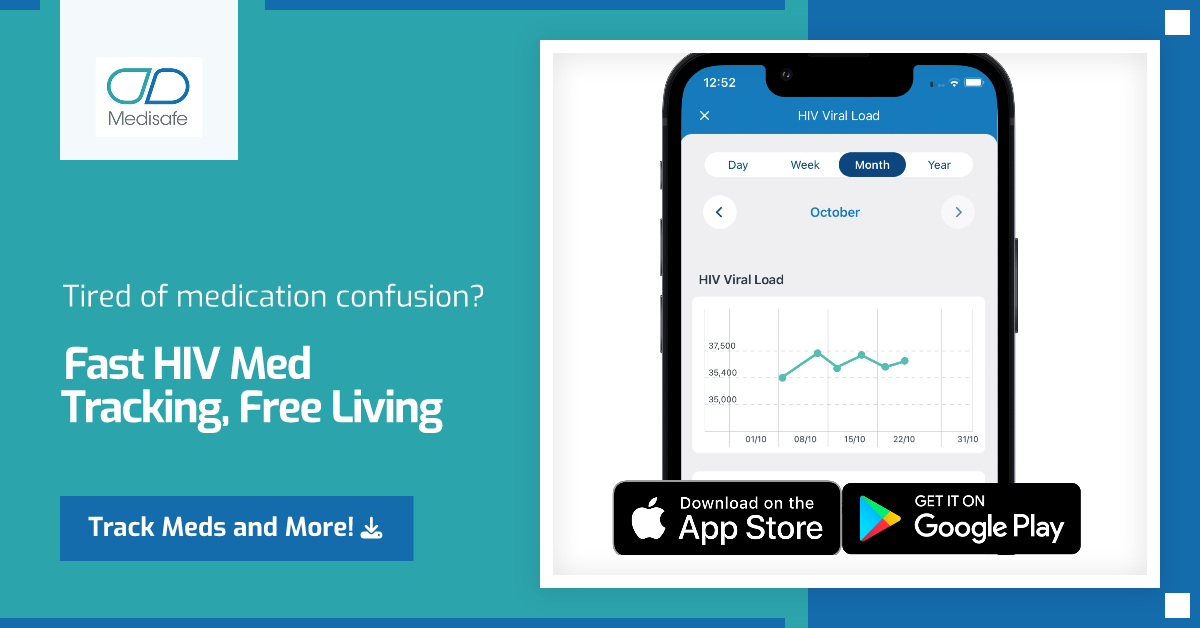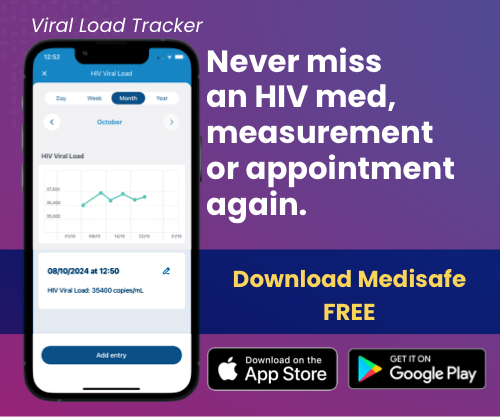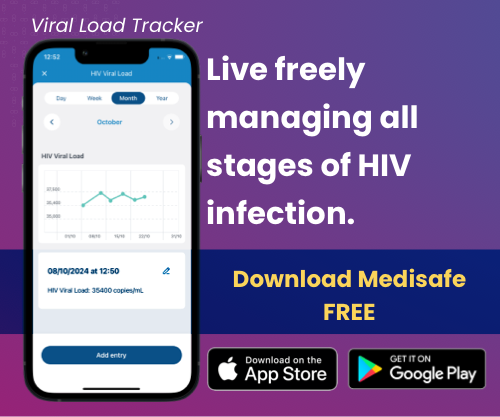If you or a loved one has recently been diagnosed with HIV, one of the symptoms you might notice is unintentional weight loss. This can be worrying, especially when you don’t fully understand why it’s happening. In this blog post, we’ll explore what causes weight loss in HIV, how it affects the body, and what can be done to manage it.
Why Does HIV Cause Weight Loss?
Weight loss is a common symptom in people living with HIV, particularly in the early stages before treatment begins or if the treatment isn’t fully controlling the virus. HIV affects the immune system by attacking CD4 cells, which are crucial for fighting infections. As the immune system weakens, the body uses more energy to combat infections and maintain basic functions, which can lead to weight loss. This phenomenon is sometimes called “hypermetabolism,” where the body burns calories at an increased rate.
In addition, HIV can affect nutrient absorption and lead to other complications that cause weight loss, even if you’re eating a normal amount of food.

Symptoms of HIV-Related Weight Loss
The weight loss associated with HIV isn’t just about losing a few pounds here and there. It often comes with other symptoms that can affect your overall health. Some of these include:
- Loss of muscle mass: You may notice that your muscles feel weaker or that you’re losing muscle even if you’re not trying to.
- Chronic fatigue: Weight loss in HIV is often linked to feeling tired all the time, as your body is working harder to fight the virus and deal with increased energy demands.
- Frequent infections: Since HIV weakens the immune system, people living with the virus are more susceptible to infections. These infections can cause fever, diarrhea, or loss of appetite, all of which contribute to weight loss.
- Loss of appetite: Infections and the virus itself can cause a person to lose their desire to eat, leading to unintentional weight loss.
If you notice these symptoms, it’s important to talk to a healthcare provider. Weight loss, especially when combined with these other signs, can indicate that the virus is progressing and needs more aggressive management.
HIV-Associated Wasting Syndrome
HIV-associated wasting syndrome is a more severe form of weight loss. It is defined as losing more than 10% of body weight, along with symptoms like diarrhea, chronic weakness, and fever lasting over 30 days. Wasting syndrome was much more common before the advent of antiretroviral therapy (ART), but it can still occur in cases where HIV is not well controlled. This condition is serious because it weakens the body, making it harder to fight infections and manage everyday life.

What Causes HIV Weight Loss?
There are a few key reasons why people with HIV might lose weight:
- Increased energy needs: HIV increases the body’s metabolism, meaning it uses more energy than usual just to function. Even if you’re eating the same amount as before, you might still lose weight because your body is burning more calories.
- Malabsorption: HIV can damage the digestive system, making it harder for the body to absorb nutrients from food. Malabsorption can lead to deficiencies in essential vitamins and minerals, contributing to weight loss.
- Infections: People living with HIV are more susceptible to infections, especially in the gastrointestinal system. Chronic infections can lead to symptoms like diarrhea, which further impacts nutrient absorption and causes weight loss.
- Medication side effects: Some HIV medications, especially when first starting treatment, can cause nausea, vomiting, or a loss of appetite, all of which can lead to weight loss if not managed properly.
How to Manage HIV-Related Weight Loss
If you or someone you’re caring for is experiencing weight loss due to HIV, the first and most important step is ensuring you’re adhering to your antiretroviral therapy (ART) regimen. ART helps to control the virus, which can prevent further damage to the immune system and stabilize weight.
Additionally, a balanced, high-calorie diet is important to help meet the body’s increased energy needs. Your healthcare provider may recommend working with a nutritionist to create a diet plan that ensures you’re getting enough calories and essential nutrients. In some cases, nutritional supplements or high-protein shakes might be necessary to help maintain weight.
Exercise, particularly strength training, can help rebuild muscle mass and improve overall strength, which is essential for combating the muscle loss associated with HIV.

HIV-related weight loss can be distressing, but it’s important to remember that with proper treatment and management, it can be controlled. Understanding why weight loss occurs and working closely with healthcare providers to manage symptoms are crucial steps in living a healthy, fulfilling life with HIV. If you or someone you care for is experiencing weight loss, don’t hesitate to seek medical advice. In addition:
- Consult Healthcare Professionals: Engaging with healthcare providers can provide personalized advice on nutrition and weight management. A registered dietitian can recommend dietary changes that ensure adequate intake of calories and nutrients.
- Focus on Nutrient-Dense Foods: Incorporating high-calorie, nutrient-rich foods into the diet can help counteract weight loss. Foods such as nuts, avocados, lean meats, and smoothies can provide additional calories without requiring large portion sizes. Eating small, frequent meals may also help individuals consume needed nutrients more easily.
- Stay Hydrated: Maintaining hydration is crucial, particularly for those experiencing gastrointestinal symptoms. Clear fluids, like broth or high-calorie smoothies, can be beneficial. Staying hydrated is vital for overall health and can help alleviate some symptoms associated with mouth sores and digestive distress.
- Address Mental Health: Taking care of mental health is just as important as physical health. Support groups or therapy can help individuals cope with the emotional repercussions of an HIV diagnosis. This support can lead to improved appetite and overall well-being.
Sources and Links:
HIV and Weight Loss. (2024). alberta.ca. https://myhealth.alberta.ca/Health/pages/conditions.aspx?hwid=zp4022
Keep Your Eye on the Scale. (2024). WebMD. https://www.webmd.com/hiv-aids/hiv-manage-weight-gain
Leilani Fraley, RN, MSN. (2021). Why HIV Weight Loss Happens and What to Do About It. Healthline Media. https://www.healthline.com/health/hiv-aids/hiv-weight-loss
WebMD Editorial Contributors. (2024). AIDS Wasting Syndrome. WebMD. https://www.webmd.com/hiv-aids/aids-wasting-syndrome



